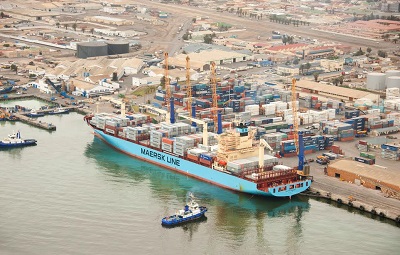
Namibia and Angola collaborate to enhance trade through advanced payment systems

By Michel Haoses.
The Governor of the Bank of Namibia, Johannes !Gawaxab, and Manuel Dias, Governor of Banco Nacional de Angola recently unveiled promising advancements in the realm of payment mechanisms between the two nations.
This initiative aims to streamline trade transactions and foster economic growth.
The newly introduced payment mechanisms are poised to revolutionize the way individuals, governments, businesses, and economic entities conduct daily transactions, eliminating the reliance on cash. Through collaborative efforts, the central banks of Namibia and Angola have explored a range of payment avenues, including credit, Visa, and electronic fund transfers (EFT), aligning with global commercial standards.
In a move aimed at facilitating seamless financial transactions, Angolan citizens residing in Namibia now have access to non-resident accounts integrated with card products, readily available across various commercial banks in Namibia.
Similarly, Namibians traveling to Angola can benefit from similar privileges. Additionally, the “Multicaixa” system in Angola is undergoing a transformation to be branded with Visa/Mastercard, ensuring convenient usage for Angolan travelers visiting Namibia.
Angola has demonstrated significant progress by integrating its currency, the Kwanza, into the SADC – RTGS (Southern African Development Community – Real-Time Gross Settlement System). This development is poised to expedite cross-border transactions, reducing reliance on external banking intermediaries within the SADC region.
To enhance trade insights and promote financial inclusion, the two central banks have committed to researching various trade-related subjects. This initiative aims to inform policymakers and stakeholders about untapped trade opportunities while fostering greater awareness among the public.
Moving forward, Namibia and Angola remain steadfast in their commitment to advancing modern, digitally-driven payment methods, while simultaneously fortifying exchange control systems to bolster trade and safeguard financial stability. This collaborative effort signifies a crucial step towards strengthening bilateral ties and driving economic prosperity for both nations.











































